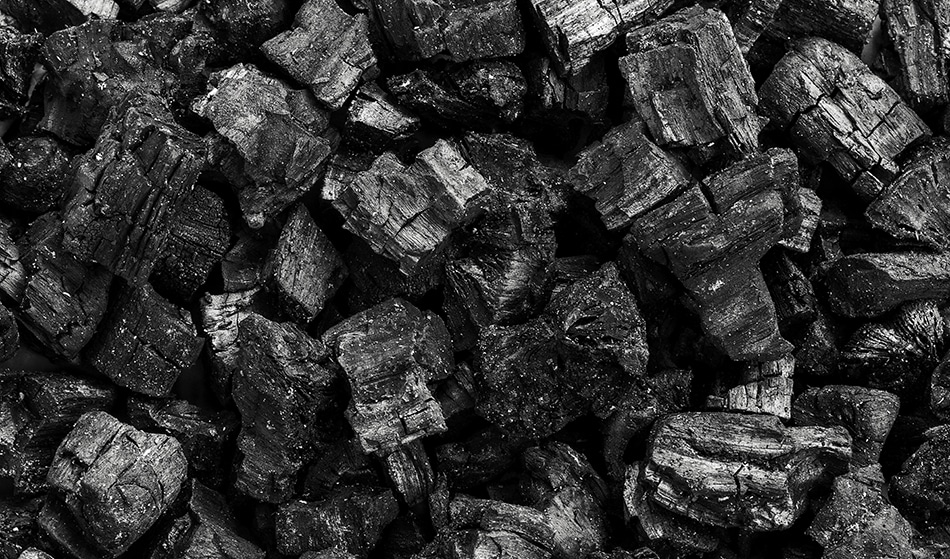
Every February as I celebrate my birthday and my late mother’s, I also think of the significance of February in American history—it is marked as Black History Month to celebrate the achievements by African Americans and their central role in U.S. history. Since my understanding of American slavery deepens, February adds weight to my celebration. It has become a month of memorial and gratitude, and a month dedicated to the color black—“If Winter comes, can Spring be far behind?” If spring brings us light, the tail of winter in February is the darkest before the dawn.
In physics, black is not a color. A black object absorbs all the colors of the visible spectrum and reflects none of them to the eyes. In fashion, black is a timeless and à la mode color. In art, “There is no black in nature” was the popular refrain of the impressionist painters in the 19th century. They stopped using black pigments and used mixtures of red, yellow and blue to capture the fleeting effects of light in their paintings. In many cultures, whether the East or the West, black evokes images of death, misfortune, and evil spirits. I remember some years ago an African American acquaintance told me half-jokingly that he liked his woman like his coffee—black, bitter and bright. I followed his advice to examine the quality of brightness in his metaphor. Under the lamp, I saw the reflection of the lightbulb in the black liquid, so bright against blackness like a well-juxtaposed black-and-white photograph.
In Black History Month, every American should remember it is the Thirteen Amendment that abolished slavery in the U.S. What a monumental event it was. Last year, a monumental event also took place in the continent of Africa. According to the World Health Organization, Africa is free from wild polio, leaving just two countries where the virus remains endemic, Afghanistan and Pakistan. In addition, China achieved its longstanding goal of eliminating extreme poverty by the end of last year. It was a milestone for global efforts to fight poverty by lifting 93 million Chinese people out of poverty since 2013. Chinese politicians like quoting Deng Xiaoping’s famous saying, “No matter if it is a black cat or a white cat, as long as it can catch mice, it is a good cat.” Well, in response to President Xi Jinping’s vow to eradicate the last vestiges of extreme poverty within the country’s territory, officials tried all possible means to reach the goal. I have to say, without the draconian One Child Policy that prevented 400 million births, China would have to call for an extension of time to eliminate extreme poverty. So, the black cat is certainly a good cat in this celebratory Chinese narrative.
Black is more than a skin color. Black is common in natural resources. Coal is black. Black coal is a sedimentary rock that composed mostly of carbon and hydrocarbons. Speaking of coal and carbon, I think of fossil fuels. To date, Asia is home to nearly 80% of coal consumption. China, India and the U.S. ranked as the top three countries with the world’s most coal consumers and producers in 2018. Last year, China pledged to achieve carbon neutrality by 2060. And its long-awaited national emission trade scheme is expected to be launched in the middle of 2021. Japan vowed to reduce 26% of its electricity from coal in 2030; and Germany set the goal of phasing out the use of coal-powered energy by 2038. It seems that responsible countries are gradually bidding goodbye to the Era of Black—the era of coal.
This November, Sir David Attenborough polar research ship from the Great Britain will set sail for its first Antarctic mission. Four years in the making, the giant vessel is a beautiful beast in red. But the Arctic sea ice is melting very fast and the great ice sheets are also melting, it will be a race with time and stamina for mankind to complete this expedition. Last July, it was unbelievably hot at 38 Celsius degrees in Siberia. Due to the Arctic heatwave in 2020, the Arctic sea ice coverage was the second lowest on record, and 2020 may be the hottest year since records began. Can you imagine to live in a condition of extreme heat without air-condition and freshwater supply? Under that condition, it is not hard for anyone to feel dizzy and might be blacked out. In Siberia, not only glaciers melt in the record-breaking heat, but wildfires, loss of permafrost, and an invasion of pests are consequences of global warming. Heatwave is a silent killer. It is hard to quantify the casualties and death tolls of a heatwave.
To sing praise of black, no one can do better than rapper Dave. His performance of “Black” at the Brit Awards last year stays on my mind until today. I second that. “Black is beautiful. Black is excellent. Black is pain. Black is joy. Black is evident.” When we were kids, we were afraid of being alone with darkness. When we are grown up, we are still afraid of being alone with darkness—but now, it is usually about making sense of who we are and where we are going. With hope, we will get out of the tunnel of our innermost darkness. Black is be brave and be bright.
